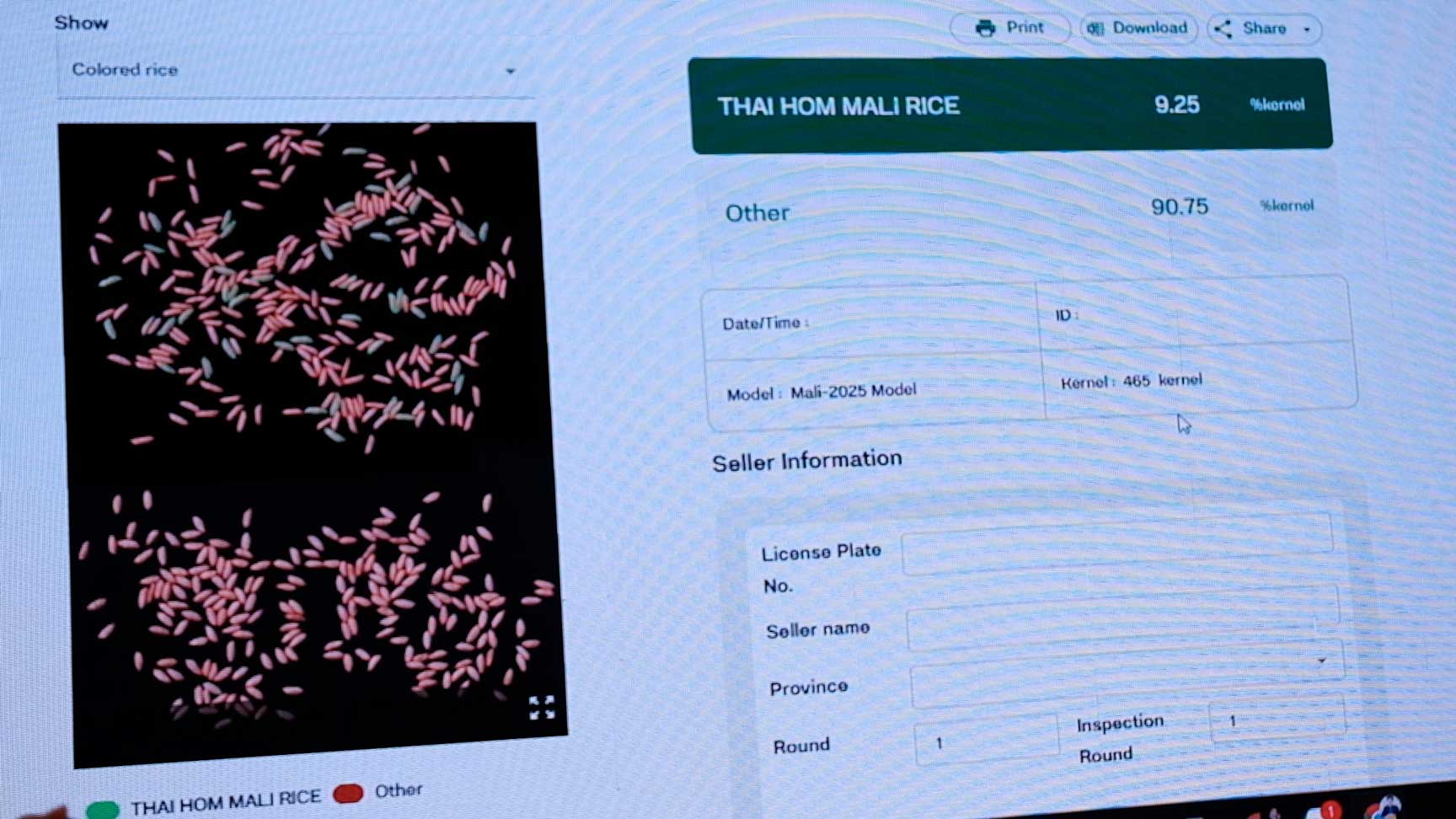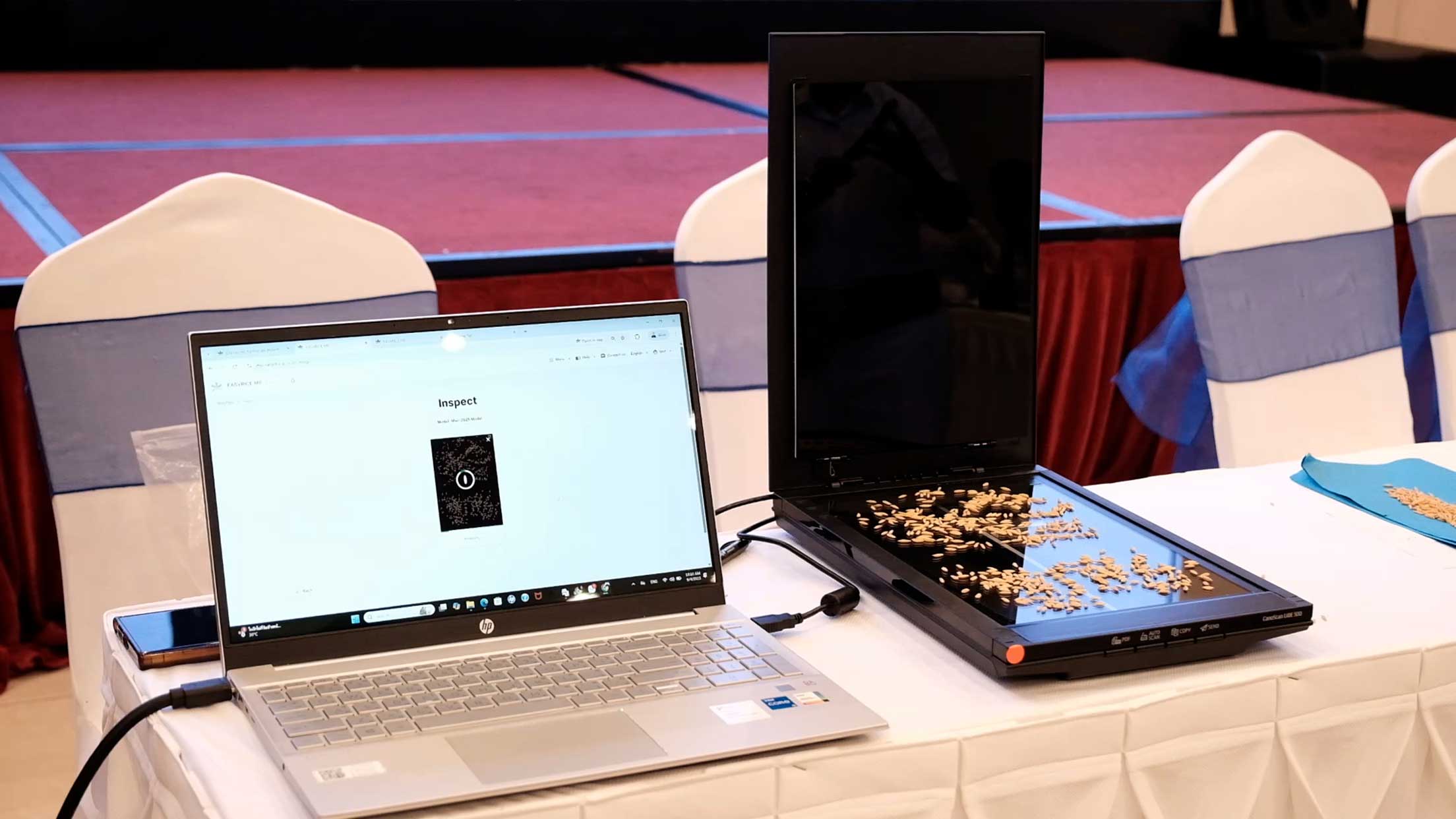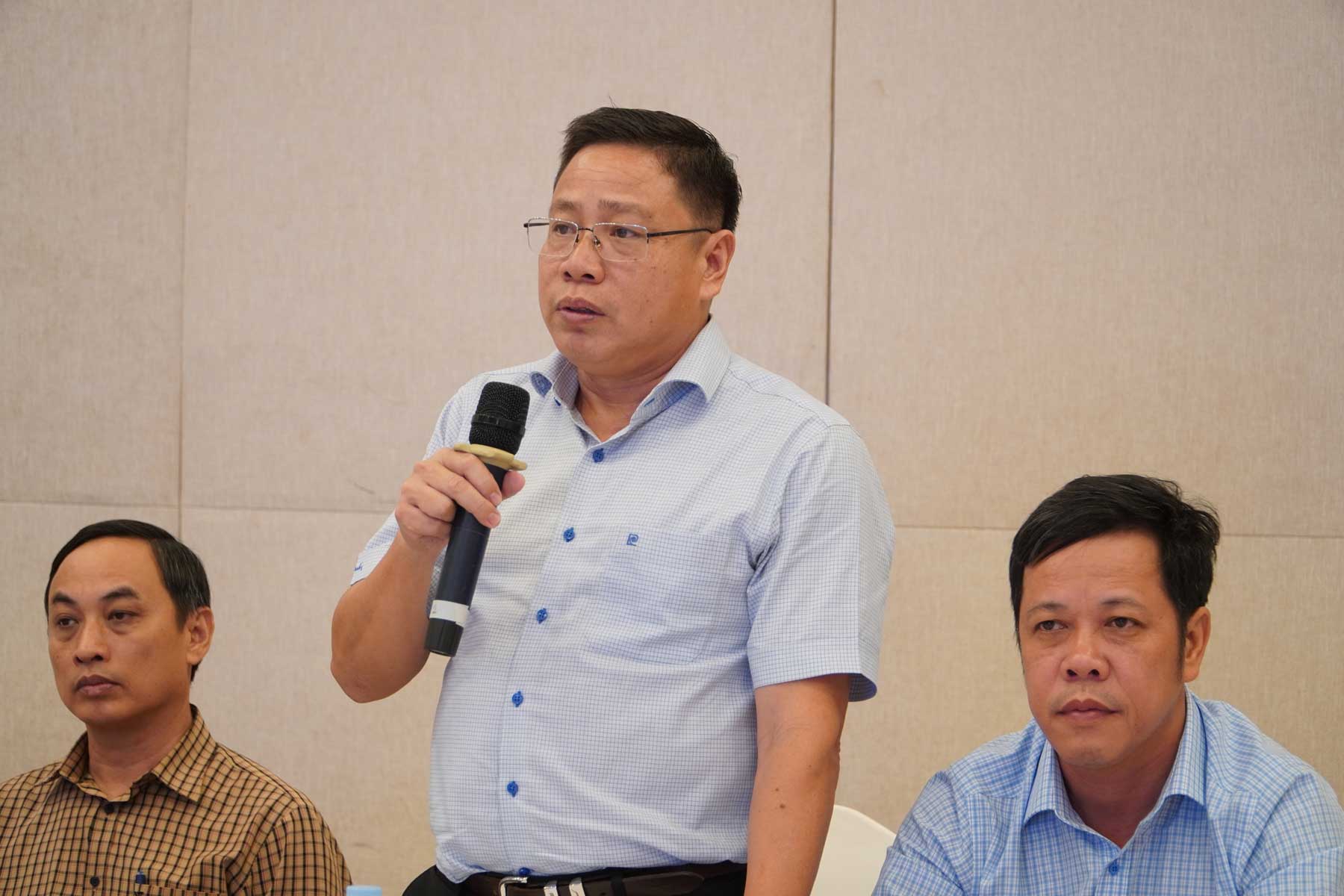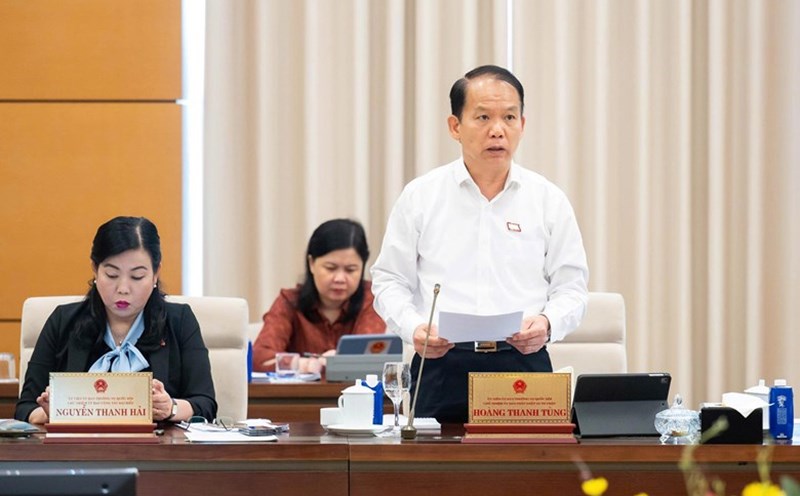Towards transparency and accuracy
At the Scientific Solutions seminar to improve the quality of rice and rice seeds held in Can Tho City on September 4, Easy Rice Vietnam introduced the Rice Seed Inspection AI System (EASYRICE MP1), to support farmers and cooperatives to access accurate and pure rice sources.
Accordingly, after receiving and building the original database, AI can quickly, accurately and transparently verify.


Mr. Doan Anh Vo - representative of Easy Rice Vietnam - said that this system has been successfully tested in the Thai and Indian markets. Notably, in Thailand, the program started in 2020 and to date, there are more than 300 businesses, with more than 500,000 times using this technology, accounting for 30% of Thailand's rice export market share.
According to Easy Rice's calculations, more than 10 million tons of Thai rice in recent years have used AI technology to measure the purity of rice varieties.
In Vietnam, the system is in the development and market access stage, meeting the needs of applying Al in the assessment of white rice quality. From the image of the scanning machine, Al was used to scan the sample and issue a complete, detailed report on the percentage of waste, sheets, whole grains... within 2 minutes. However, the system needs pure rice variety images to create initial data information.
Since 2021, when the system began to be piloted in Vietnam, Grass Garment Company Limited (Dong Thap province) has boldly applied this technology to test the conditions of rice varieties, helping to save human resources for manual implementation compared to before. In particular, storing records and data is also convenient and long-term.
Since the application of this technology, daily scanning and testing has been stored on cloud technology. Thanks to that, when international experts come to evaluate every year, we just need to download and output images from the equipment to be convincing, said Mr. Dinh Minh Tam - Director of Co Garment Company Limited.
Building a large database
Dr. Tran Ngoc Thach - Director of the Mekong Delta Rice Institute - said that in the current context, applying the AI System to check rice varieties is a good direction, helping to distinguish between purity and purity. These are 2 important factors in testing seed quality.

But to do this, Dr. Tran Ngoc Thach also emphasized the need for a large database. With hundreds of rice varieties grown across the country, it requires "teaching" Al to know how to identify correctly, as well as paying attention to the factors of the crop and weather affecting the shape of rice grains.
Therefore, cooperation between businesses and users is something that needs attention. Because businesses are the place to hold big data. However, if it is exclusive, sharing them with inspection units, cooperatives and seed producers will be very complicated.
Faced with these problems, businesses and industry experts have commented that applying this technology for internal verification and serving seed production is feasible. However, to widely apply it, it is necessary to review the legal framework and evaluate the reliability of the technology with specific evidence. Having big data will help convince state management agencies to include this technology in the legal framework, thereby replicating and considering this as a parallel method that can be implemented in the same way as the laboratory assessment method.











